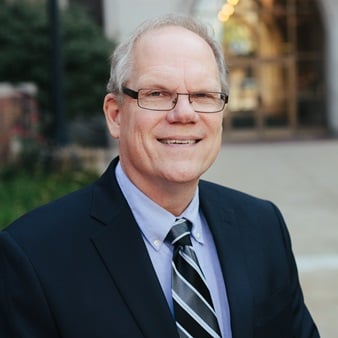Daily Devotional | True Confessions
Even though Jesus advised His disciples to “watch and pray,” they slept and fell into temptation. We can be the same way. Sometimes we blow it. We may want to ignore our failure or explain it away. Shame and guilt make us feel like avoiding God, but the better response is to do the opposite. We are told to confess our failure to God. What does that look like?
We have a model of confession in today’s passage. We begin with a conviction that God will forgive their sins (v. 1). We focus our hearts toward God in response to His conviction (vv. 2–3). Instead of denying guilt, we admit ownership of our sin. In verse 5, David calls it “my sin,” “my iniquity,” “my transgression.” It may seem counterintuitive, but the habit of confessing sin is a mark of those who are “faithful” to God. The Hebrew word for “faithful” in verse 6 can also be translated “godly.”
David is not changing the subject when he speaks of God’s protection in verse 7. This is the language of salvation. God alone can rescue us from our sin. After dealing with his own sin, David offers spiritual counsel to others. Only those who know their sin and take it to God are truly able to help others overcome sin. As Jesus put it in Matthew 7:5, if you want to help someone else overcome their sin, you must first “take the plank out of your own eye, and then you will see clearly to remove the speck from your brother’s eye.” Likewise, Paul urges those “who live by the Spirit” to gently restore those who are caught in a sin” (Gal. 6:1).
>> We are sometimes reluctant to confess our sins to God because it makes us feel like a failure. In reality, confession is an expression of faith. When we confess, we will find that the Lord’s “unfailing love surrounds the one who trusts in him” (v. 10).
Though shame weighs us down, we confess our habitual or impulsive sins. We believe in Your promise to forgive and make us holy in Jesus’ blood. Forgive us! Restore us to untroubled fellowship with You.
About the Author

John Koessler
Dr. John Koessler is Professor Emeritus of Applied Theology and Church Ministries at Moody Bible Institute. John authors the "Practical Theology" column for Today in the Word of which he is also a contributing writer and theological editor.
View More